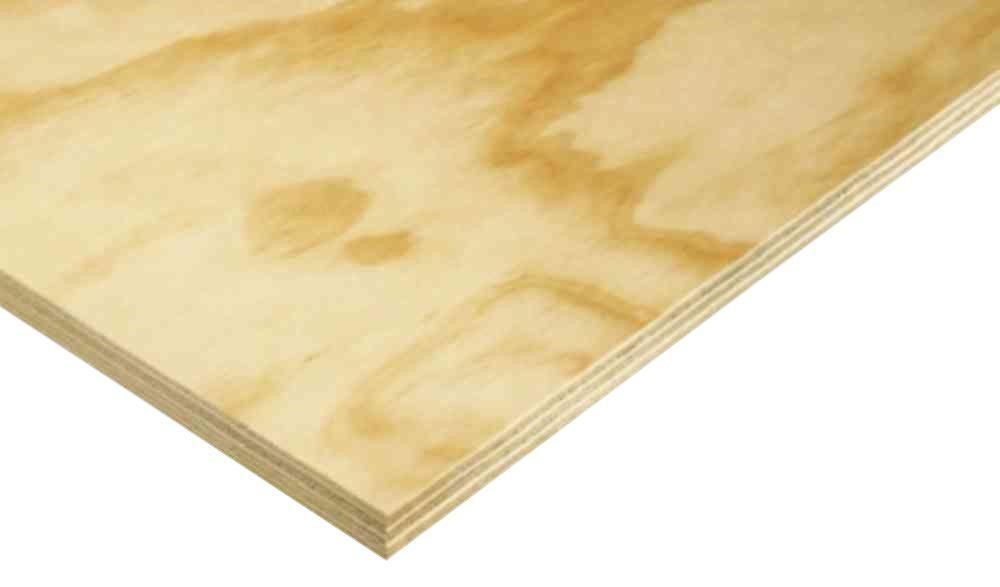"Tonewood"
I doubt there is anything very special about those piezos. My experience is that you need the right mounting and electronics to make a piezo sound good, and it has very little to do with the sensor itself, which is just a little bit of semiconductor.
To sound good, a piezo needs to be incorporated directly in the physical support of the strings. And it requires a very high output impedance, otherwise, it turns into a high-pass filter. Both of these are especially true on a bass.
I have to wonder where he got such a great-sounding brick. Home Depot, or Lowes? Or do you have to get your rock-tone from some specialty loothery supplier?
When I run out of plywood and masonite, I'm going down to Loothery Depot and pick up a 50-pound bag of ToneCrete. I will experiment with different mixes, aggregates, and colors, always testing in the most subjective and un-repeatable manner possible, as is luthiery tradition. As always, I will report my results here in Luthier's Corner.
I'll save you some time ... they all sound the same.
I want to see a comparison of different shirt materials, straps, belt buckles, and beer guts.

Tonewood is marketing nonsense.


Questions or Inquiries?
Just want to say Hello? Sign the .